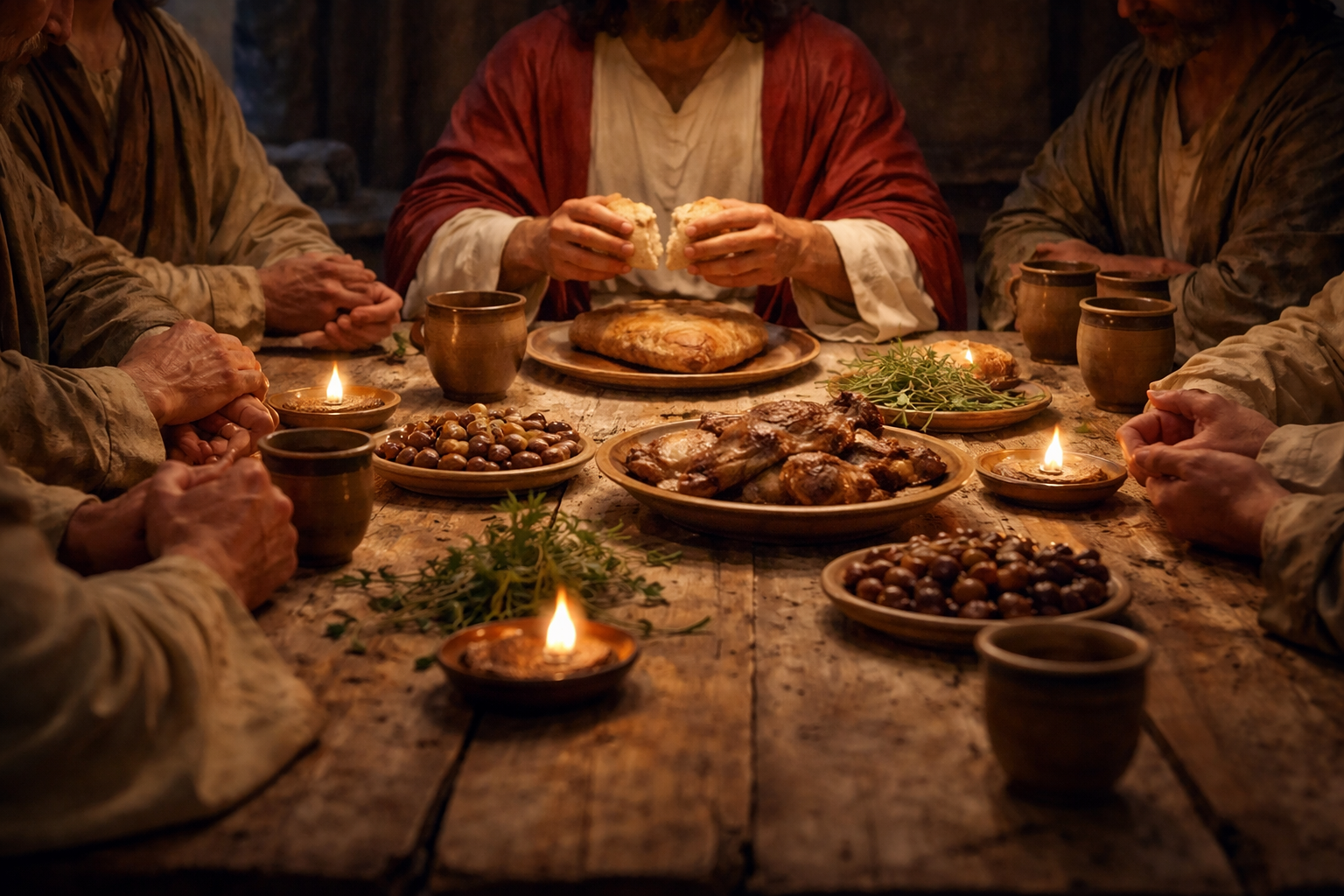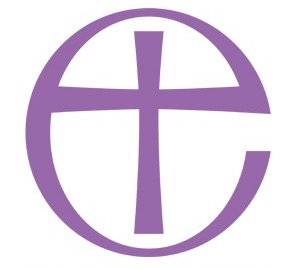Welcome to The Weobley & Staunton Benefice
incorporating the Churches and Parishes of Weobley, Staunton On Wye, Norton Canon, Monnington, Sarnesfield, Byford and Letton in Herefordshire
Inclusive Church
As a Benefice, we believe in Inclusive Church – church which does not discriminate, on any level, on grounds of economic power, gender, mental health, physical ability, ethnicity, race, marital status or sexuality. We believe in Church which welcomes and serves all people in the name of Jesus Christ; which chooses to interpret scripture inclusively; which seeks to proclaim the Gospel afresh for each generation; and which, in the power of the Holy Spirit, allows all people to grasp how wide and long and high and deep is the love of Jesus Christ.
Cafe Church 2026 launches in
Staunton-on-Wye for
Plough Sunday
'We Are Farming Minds' were invited to the Church Café @ Staunton on Wye Village Hall for 'Plough Sunday'- a traditional English celebration, usually the first Sunday after Epiphany, marking the start of the agricultural year with prayers and blessings for farmers, the land, and farm equipment before fieldwork begins on Plough Monday.
The smell of bacon butties and a cup of tea set the tone for the morning service lead by Rev Philip and his guitar. First, we shared a few songs and passages read by different people, then we took a moment to bless the farmers tractor, asking the Good Lord for favourable weather to help bring in a good harvest in the coming year and a watchful eye over the farmers and their families in their lonely hours.
For one who only visits church for weddings and a funeral, a harvest festival here and a carol service there, this was such a lovely service I might go again.
Sharon George.


Cafe Church Service
Join us for an informal service over a bacon roll and cuppa
Sunday 8th March 2026
10.30am
Guest Speaker - Vikki Thomas Co-Founder of The Living Hope
Staunton-on-Wye Village Hall, HR4 7LR

Coffee Morning
Tuesday 10th March 2026
10.30am - 12.00pm
Tea - Coffee - Cakes - Biscuits & Friendly Chat
Weobley Parish Church
2nd Tuesday of every month

Mothering Sunday
Join us across our benefice as we celebrate Mothering Sunday
15th March 2026
9.00am - St John the Baptist, Letton HR3 6DH
10.30am - St John the Baptist, Byford, HR4 7LD
10.30am - St Peter & St Pauls, Weobley HR4 8SD

Palm Sunday
Sunday 29th March 2026
10.30am
Group Benefice Communion Service
St Nicholas Church, Norton Canon, HR4 7BQ

Monday 30th March 2026
9.00am - 12.30pm
Join us for a fantastic morning packed with: Games - Crafts - Lego - Music & More!
This is a wonderful opportunity for children to make friends, get creative, and celebrate Easter together in a welcoming and friendly environment.
💷 £2.00 per child (discount available for siblings)
⚠️ Limited spaces available – booking essential!
To register or find out more, please contact Sam:
📞 07507 794779
📧 admin@weobleyandstaunton.org

Maundy Thursday
Thursday 2nd April 2026
3.00pm
Holy Communion
Weobley Parish Church
Year of Engagement
Hereford Diocese has branded 2025 the ‘Year of Engagement'. With a strategy to build on three core behaviour values - to be prayerful, Christlike, and engaged. The events and activities this year will be based on the five marks of mission, summarised as Tell, Teach, Tend, Transform and Treasure, and led by our Mission Enabler for the Environment, Rev'd Stephen Hollinghurst. These values will help ensure that we proclaim Christ and grow as disciples in our faith. Being prayerful and confident in our Bible helps make us more outwardly looking and engaged Christians who live out our faith daily.
For Year of Engagement events please click on the button below.


Weekly Reflection
thoughts and reflections from the Rev'd Philip Harvey
1st & 8th March 2026 Keep praying for peace
Four years ago, after the Russian invasion of Ukraine hit the headlines, a small crowd of us gathered around the preaching cross in Weobley and prayed for the Ukrainian people and for peace. Four years on, we are still praying.
At a special service held in a Norfolk church last Sunday, a minister noted “Ukraine drops off the face of our news when something else happens in the world. We forget about it. Yet the people of Ukraine don’t get that luxury. For them, the war is the only news, and it brings fresh horror each day” (Iain Grant, Assistant Curate at St Peter’s Sheringham).
There are times when we are sorely tempted to give up hope and to stop praying for situations of violence and conflict, especially when we witness the ascendency of the ruthless and power-hungry. However, the apostle James tells us that “the prayer of a righteous person is powerful and effective” and Paul reminds us that we should never neglect our meeting together and praying for each other (James 5: 13-17 and Hebrews10:25). The ongoing situation in Ukraine and in Russia calls out for our prayers more than ever.
The Diocese of Europe, together with USPG, launched an appeal last year for the support of Ukrainian refugees which is still running. If you would like to make a donation to this appeal in this season of Lent you can do so at:
https://ukraine-fund.uspg.org.uk/
You may also find this Church of England Collect prayer useful:
Almighty God,
from whom all thoughts of truth and peace proceed:
kindle, we pray, in the hearts of all, the true love of peace
and guide with your pure and peaceable wisdom
those who take counsel for the nations of the earth
that in tranquility your kingdom may go forward,
till the earth is filled with the knowledge of your love;
through Jesus Christ your Son our Lord,
who is alive and reigns with you,
in the unity of the Holy Spirit,
one God, now and for ever.
Amen
Rev’d Philip
15th & 22nd February 2026 Temptation in the wilderness
As we near the end of February, we begin the season of Lent by reading the account of Jesus temptation in the wilderness (Matthew 4: 1-11). Jesus is offered three temptations: food, power and wealth. Jesus is not without these things in his life – he doesn’t lack bread or power or some finance. The question posed however, is what is the nature of his relationship with these things? Will they have power over him, or will he use these worldly things – bread, power and finance – for other purposes? Of course, Jesus (like us) needed sustenance and connection with others and some kind of income. But in times of weakness or conflict or stress, when we are driven by anxiety and the desire to feel in control, worldly things can assert a strong hold over us, forcing us to compromise our values.
Though Jesus was hungry, he made a choice about the ethics of how he would fill his belly. He was friendless and yet made choices about how he would conduct his social affairs. And despite the enormous power available to him, he made a choice about how he chose to wield that power, through humility and obedience to the father. Three times he is tempted to take the easy option, the path of least resistance, but he refutes the tempter and stays the course in the wilderness. The good news for us is that, when we are tempted, our help comes from the one who knew full well the overwhelming power of temptation and yet did not yield, and who provides that steadfast grace to be obedient to Him.
Rev’d Philip




